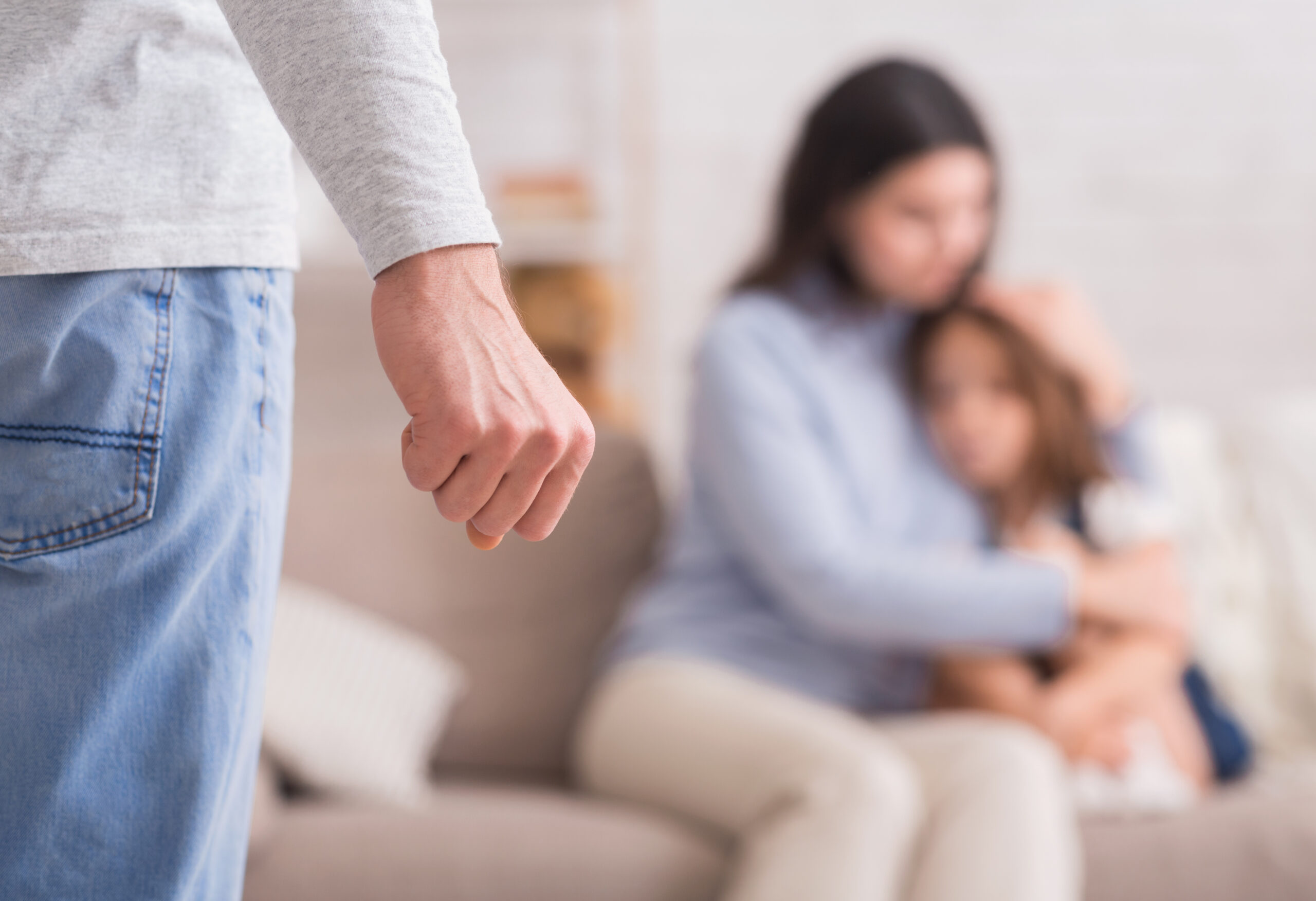Why Family Court?


Family courts specialize in family-related legal issues such as divorce and child custody disputes. They also offer access to resources and services like counseling or therapy services for both children and parents.
However, these programs rely on social services provided outside the control of judges – meaning parents often spend half a year waiting for a mediocre therapist three subway rides away from home.
It is a place of justice
Family law cases focus on resolving legal matters affecting families. Such issues include divorce, child custody and support arrangements. Family courts also have a responsibility to safeguard children by providing services tailored specifically for them.
Most family court cases employ both a judge and clerk; these professionals often join forces with psychologists and social workers who help judges understand the complexities of cases more efficiently and decide what’s best for family.
Family courts must utilize a comprehensive philosophy of preventive, therapeutic and restorative justice when dealing with all families that come before it. Many of these families face injury or death and deserve every support available through well-meaning systems like family court. An integrated and coordinated family court committed to these principles could save lives.
It is a place of fairness
Family courts are responsible for making decisions that are equitable between all parties involved, whether that involves divorce, custody arrangements or child support obligations. They must take into account factors like each party’s finances (assets/debts), expected retirement age (retirement age), child needs (children), and any special considerations such as best interests of any child involved in the case.
Many who visit Family Court without attorneys must rely on the judge or referee assigned their case to administer justice; however, people involved in contested custody cases and orders of protection have the right to be represented by an attorney.
Family Court can often make decisions based on equity rather than law when making financial decisions such as reimbursement for expenses incurred or determining spousal support based on each spouse’s contribution to the marriage – an equitable distribution scenario.
It is a place of accountability
Family courts oversee cases pertaining to family law, including custody and visitation disputes, child support obligations, orders of protection (Family Offense proceedings), juvenile delinquency cases, adoptions and allegations of abuse or neglect. They are also charged with determining paternity and terminating parental rights.
Courts for administrative law differ from criminal and civil courts by not employing juries, using a lower burden of proof known as the balance of probabilities instead. A judge must believe that certain facts are more likely true than not.
New York State Family Court is typically where most contested custody matters and orders of protection are heard, although many litigants choose not to hire lawyers for these proceedings. Those who can afford an attorney may be able to get one appointed free at their initial court appearance – this step can be particularly crucial as any support magistrate decision can only be appealed in Supreme Court once an objection has been filed with it.
It is a place of healing
Family court can be an emotionally draining process, even for the strongest individuals. Fear, uncertainty and trauma may leave them feeling powerless over their situation and feel disconnected from it all. Re-traumatisation and secondary victimisation may have lasting impacts on one’s health – potentially leading to Post Traumatic Stress Disorder and insomnia – prompting their GPs to recommend additional treatment plans for them.
However, too often this approach falls short. Too many judges make mistakes in domestic violence custody cases because of an imperfect appointive system and/or due to inaccurate reports/recommendations from so-called mental-health experts.
Victims can then be denied access to essential support, leaving their children vulnerable and at greater risk. Furthermore, it prevents survivors from seeking treatment for mental health issues caused by abusive relationships; leading them down a path toward further harm and suffering. It is essential that victims find an attorney specializing in divorce and family law to assist in making their cases as powerfully as possible.
